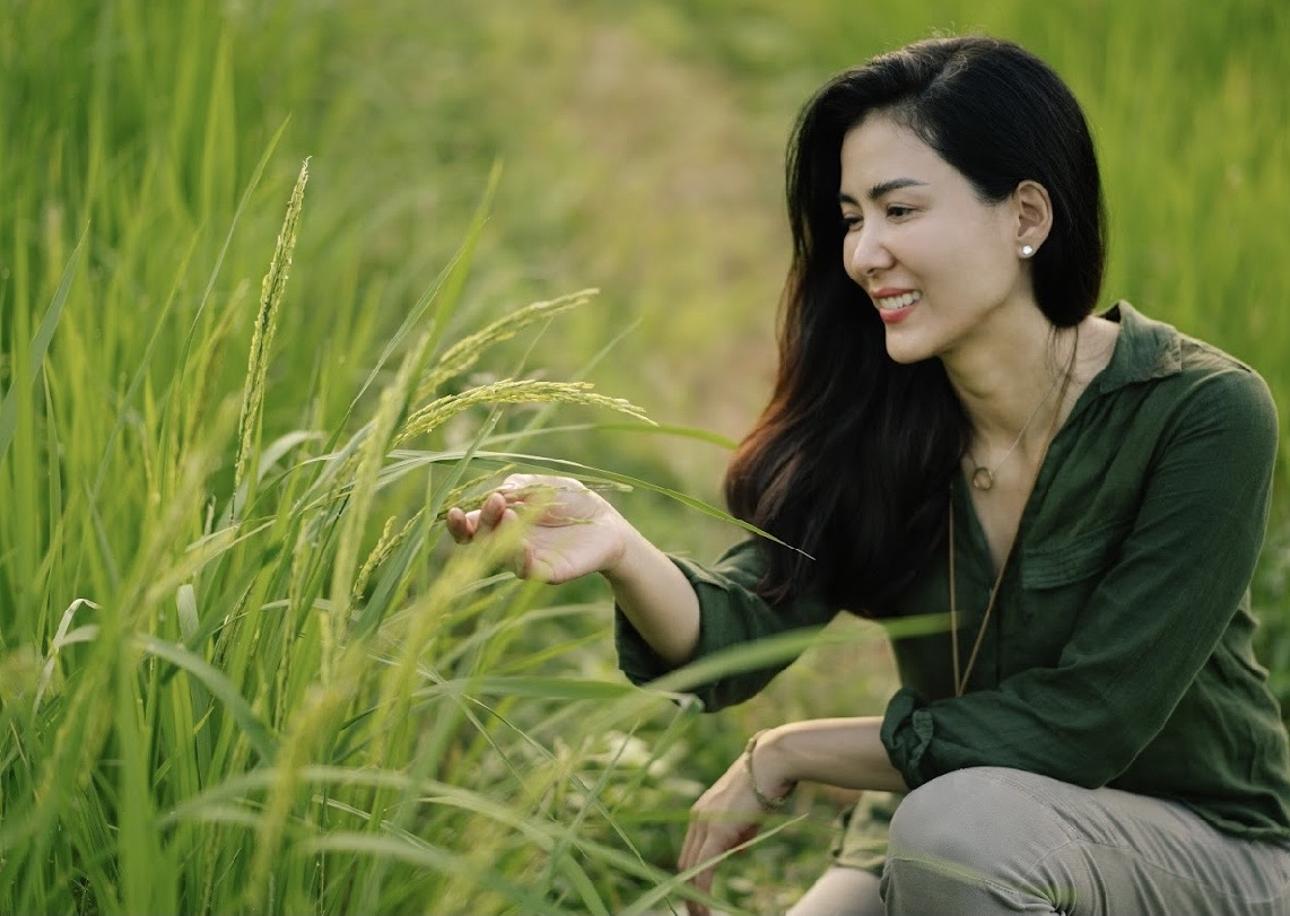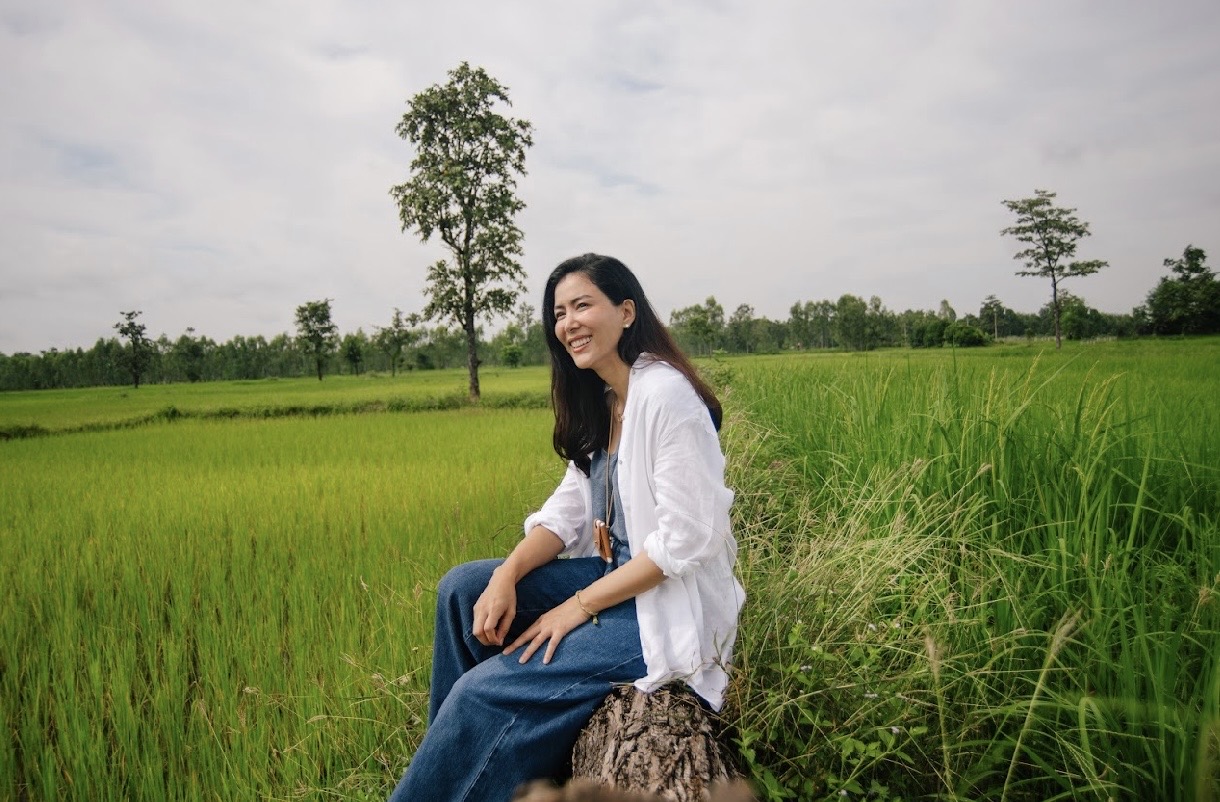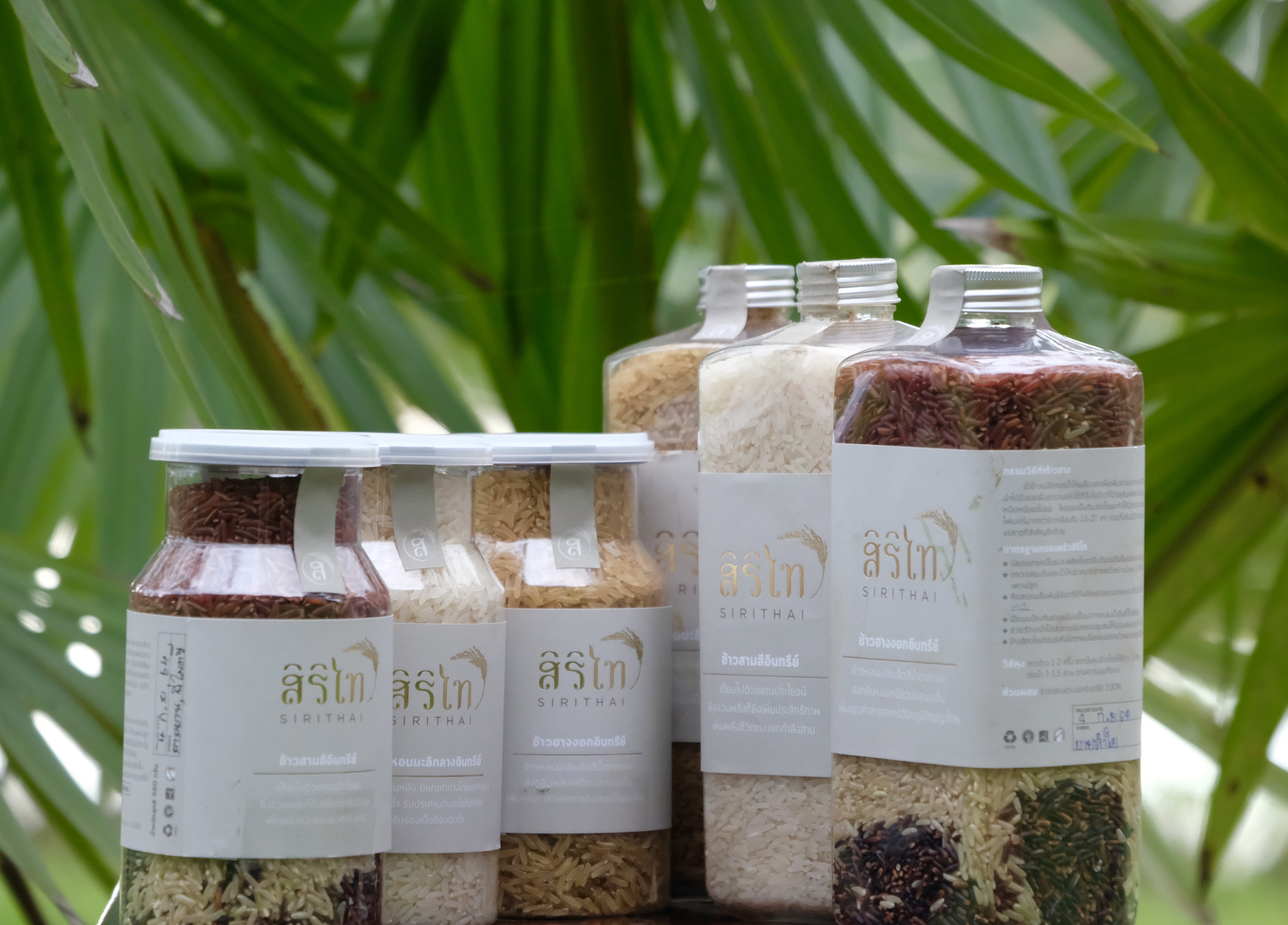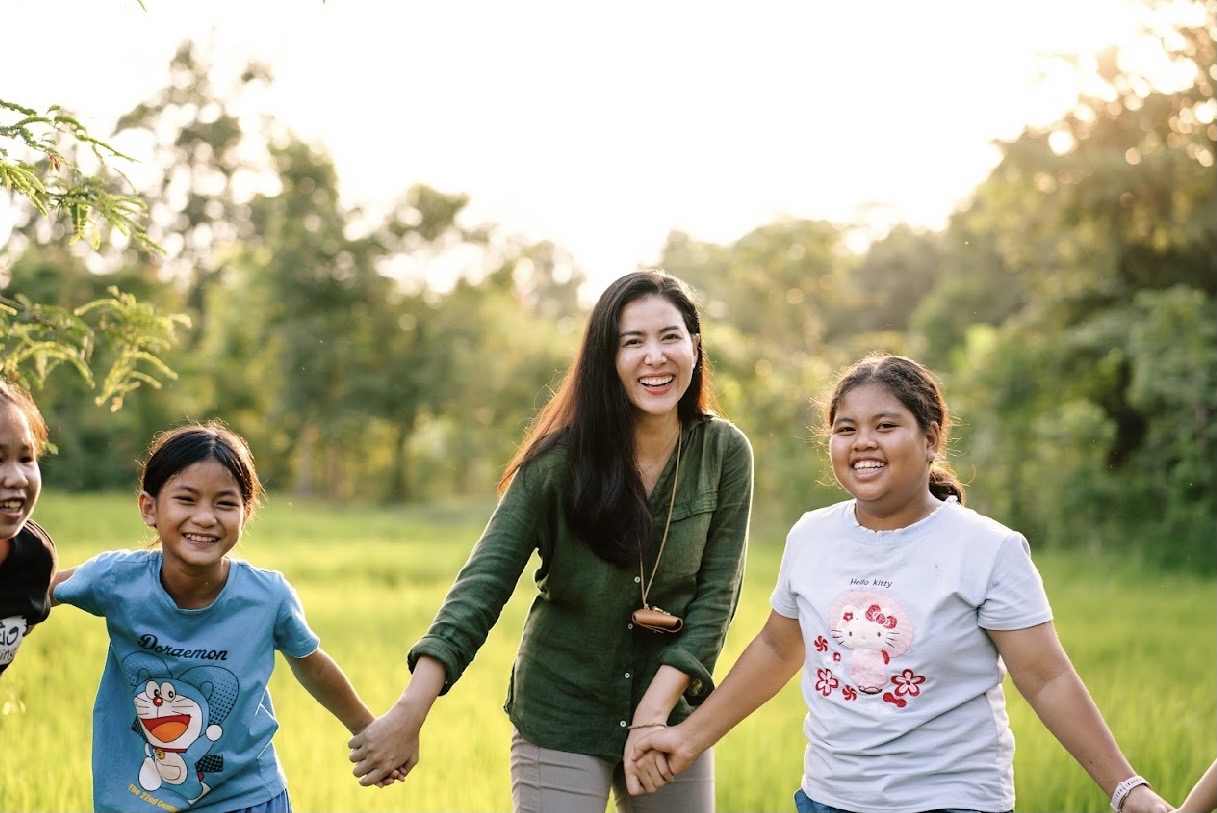Gentlemen’s Guide: Bangkok’s 5 Best Barber Shops
These top 5 barber shops in Bangkok are where gentlemen can elevate ...

[This story originally appeared in Koktail Magazine issue 2.]
Actress-turned-social entrepreneur Khemupsorn Sirisukha, fondly known as Cherry, launched her brand Sirithai, which originally started as a passion project to help struggling agricultural villages in rural Thailand during Covid-19. Along the way, while conducting the sale of organic rice, she found an untapped market potential for handmade, made-to-order soaps using fresh rice bran oil.
“The pandemic showed me how agricultural communities in Thailand were struggling to sell their produce and the problem of modern farming practices having an adverse effect on natural forests,” she says. “I started buying rice from farmers who practised responsible farming and used the premium-grade rice bran oil extracted from the organic rice to make soap. That was how Sirithai Artisan Liquid Soap began.”

Working alongside the community of Baan Khok Sa-At in Sakolnakorn province and Loeng Nok Tha district in Yasothorn province, Cherry ensures Sirithai is committed to being a sustainable and fair business entity. She puts great emphasis on maximising the natural benefits of the products and reducing the amount of single-use wastage, while also taking into consideration the wellbeing and development of the community.
When asked about the reason behind her choice of rice in her efforts to support Thai farmers, Cherry referred to the significance of it as an integral part of Thai history and culture. “Besides, the high nutrients and values of rice are also often overlooked,” she adds.

Sirithai’s organically grown rice
The entire process of creating Sirithai soap relies heavily on the involvement of the Baan Khok Sa-At farmers. They are allowed to set their own prices, which gives them a sense of pride and satisfaction. This also means that Sirithai products require a higher investment than usual. However, the venture was not set up principally to be a profit-making exercise, but rather to address the problems of the community and the environment. “It took a while for me to grasp the management principles of social enterprises,” she says. “But I learned, especially with a small business like mine, that the initial focus is not just to make a profit, but to build a sustainable business model for the long run.”
Cherry also had to learn about how to compete in the competitive agro-industry as well as the hygiene industry while adhering to her ethos. This learning process, which would normally require years of experience, was compounded by the pandemic. Cherry was forced to quickly hone her problem-solving skills due to the uncertainty of the situation and the many obstacles that she had to overcome. “Covid meant that I had to face problems such as the rice packaging factory being closed leading to Sirithai products being out of stock in the market,” she stated. “It taught me how to be flexible in the way I run my business.”

Cherry’s business model relies on working hand-in-hand with the local community
But the future is bright for Sirithai. When asked about her goals for the future, Cherry cited her desire for the brand to continue growing steadily in the next few years. There are also tentative plans on expanding the brand’s outreach to working with additional agricultural communities while continuing to prioritise the genuineness and reliability of the brand itself. “I had so much fun in creating Sirithai as it is the result of combining some of the most important values of my life,” says Cherry. “Values such as sustainability, community service and happiness. This is why it means so much to me, and I am thankful that I get to do what I love.”
These top 5 barber shops in Bangkok are where gentlemen can elevate ...
Pets, as cherished members of our families, deserve rights and protections that ...
Wandering around the globe, try out the signature tastes of cultures across ...
Sailorr and Molly Santana’s black grills fuse hip-hop swagger with homage to ...
Oooh, Pantone just dropped their 2026 Colour of the Year and it’s ...
Pattaraporn “Nat” Salirathavibhaga’s HOMELAND supports farmers through conscious purchasing and bringing agriculture ...
Wee use cookies to deliver your best experience on our website. By using our website, you consent to our cookies in accordance with our cookies policy and privacy policy